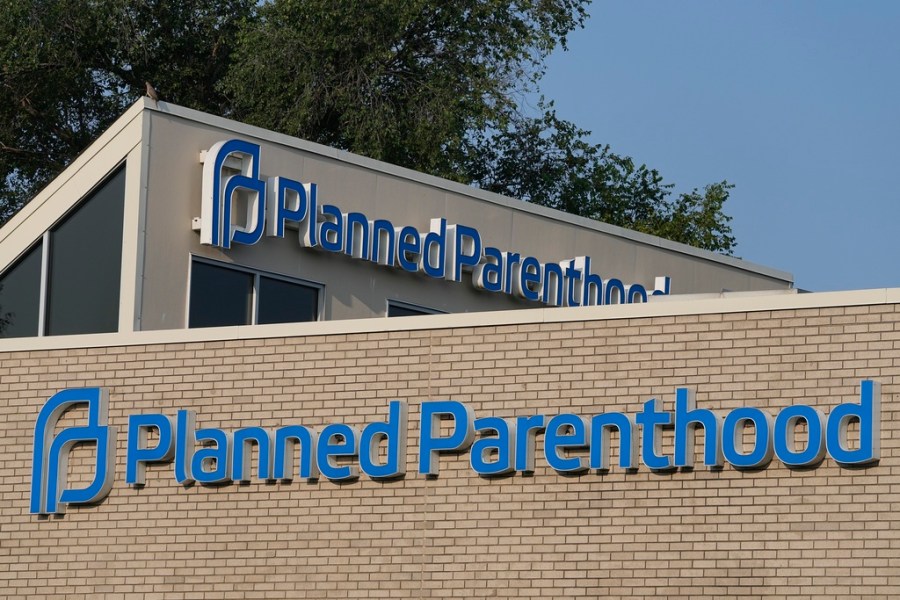INDIANAPOLIS — An agreement has been reached between Indiana and Planned Parenthood to extend a deadline by 30 days for a judge to issue a ruling on whether Indiana’s abortion law violates the state’s constitution.
In late May, Planned Parenthood and other abortion providers filed a lawsuit requesting that a Monroe County judge issue an injunction to broaden the scope of abortion access in the state to include medical exemptions and to block the hospital-only requirement.
The original language in the law stipulated that abortion is only permitted in rare circumstances, including if a woman’s life is at greater risk to go ahead with the pregnancy. However, this exception only applied if this was at a hospital, meaning other abortion providers such as Planned Parenthood were still exempt.
Special Judge Kelsey Blake Hanlon is presiding over the case. The bench trial in late May lasted for three days when the judge heard arguments from both sides.
The lawsuit was filed to overturn portions of Indiana’s near-total abortion ban that was approved following the overturning of Roe v. Wade in June 2022. Indiana became one of the first states to implement stricter abortion bans after the controversial ruling removed federal abortion protections.
Indiana’s abortion law only offered a few exceptions for those seeking an abortion in state lines; in certain cases of rape or incest, if the mother’s life was in danger, or for fetal anomalies.
The plaintiffs in the case contend that the law’s exceptions are vague and narrow, making it difficult for most doctors at hospitals to perform an abortion, even if the woman in question satisfied all of the required conditions as outlined in the statute.
The complaint also criticized the law’s lack of accountability when it comes to considering health risks that may form after giving birth. The health and life exception allowed for an abortion to be legally performed up to 20 weeks into a pregnancy.
Additionally, the lawsuit called for abortion access for women if they are medically indicated for psychological purposes with the current language of the statute not accounting for suicide or self-harm, which the plaintiffs claim is unconstitutional.
The state responded by calling the providers’ claims “vague and ambitious” and went on to disagree with the notion that Indiana is encroaching on any legal rights.
The state’s abortion ban formally came into effect in August of last year after the Indiana Supreme Court ruled that the state’s constitution does protect a woman’s right to undergo an abortion if her life is endangered.
Senate Bill 1 on abortion passed in a 62 to 38 vote in the House and was then passed by the Senate in a 28 to 19 vote. The bill then went to Gov. Eric Holcomb’s desk where he signed it into law.
The Our Choice Coalition, an Indiana-based nonpartisan political action committee, recently conducted a poll that found most Hoosiers believe the state’s near-total abortion ban is too restrictive.


